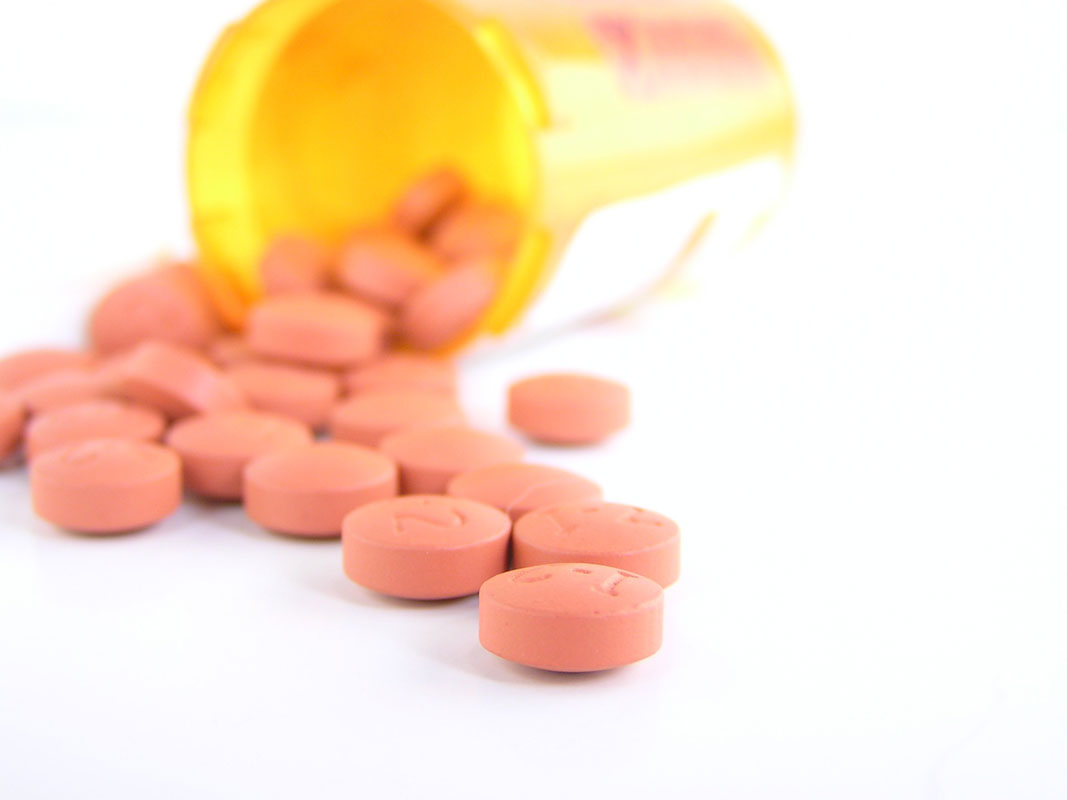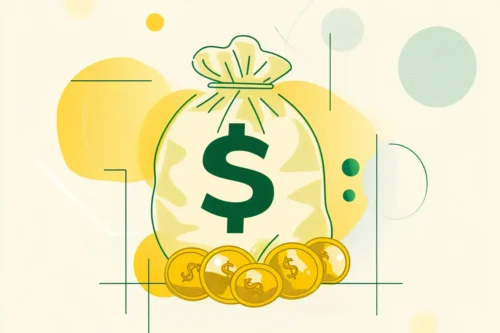The plaintiff alleged that he began taking Risperdal at age eleven and a year later started to grow female breasts. Six years later, he underwent surgery to remove the breast tissue. The jury’s damage award reflected the plaintiff’s claim that his teenage years had been marred by having female breasts and gaining sixty pounds while taking Risperdal, leading to years of humiliation and teasing at the hands of his classmates.
The Risperdal plaintiff’s attorney asserted that Janssen hid information from the FDA about the use of Risperdal and resulting increased level of the hormone prolactin, which causes female breast tissue growth. Mr. Kline further maintained that on its Risperdal label Janssen understated the incidence of prolactin growth. A number of Risperdal lawsuits have resulted in substantial verdicts for teenage users of the drug, which many juries have found Janssen and Johnson & Johnson sold and marketed deceptively, without warning the public of known risks.
In a fascinating and damning piece in the New York Times earlier this year, “When Crime Pays: J&J’s Drug Risperdal”, Nicholas Kristof made the case for imposing criminal penalties on corporate defendants such as Johnson & Johnson and Janssen who make billions of dollars deliberately misleading the public. He noted that Alex Gorsky, the executive who marketed Risperdal to boys, was promoted to CEO at Johnson & Johnson and earned $25 million in 2014. Kristof calculates that even after paying all the criminal fines and civil settlements and verdicts, Johnson and Johnson will end up well ahead financially, netting something like $12 billion in US sales alone. Another must read on the subject of Risperdal executive culpablity and specifically how Johnson & Johnson handled the drug, is the monumental 58,000 word series by Steven Brill published by The Huffington Post, last September, called “America’s Most Admired Lawbreaker”.
In the case of the Risperdal defendants, crime pays, Kristof concluded, and LawCash agrees. The $500,000 and ruined teenagerhood is just the cost of doing business. Unless and until the law imposes personal criminal penalties and personal risk for corporate executive white collar criminals, our health, quality of life, and even our deaths will continue to turn on a financial calculations made by highly-paid executives and profit-hungry companies, to the detriment of the public.




